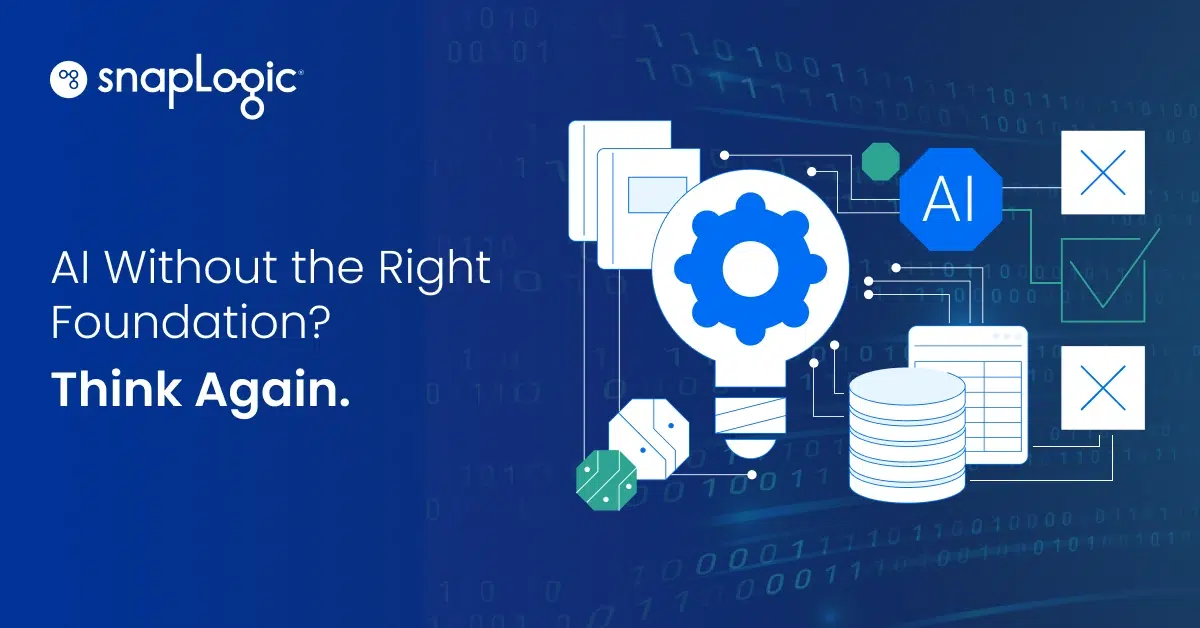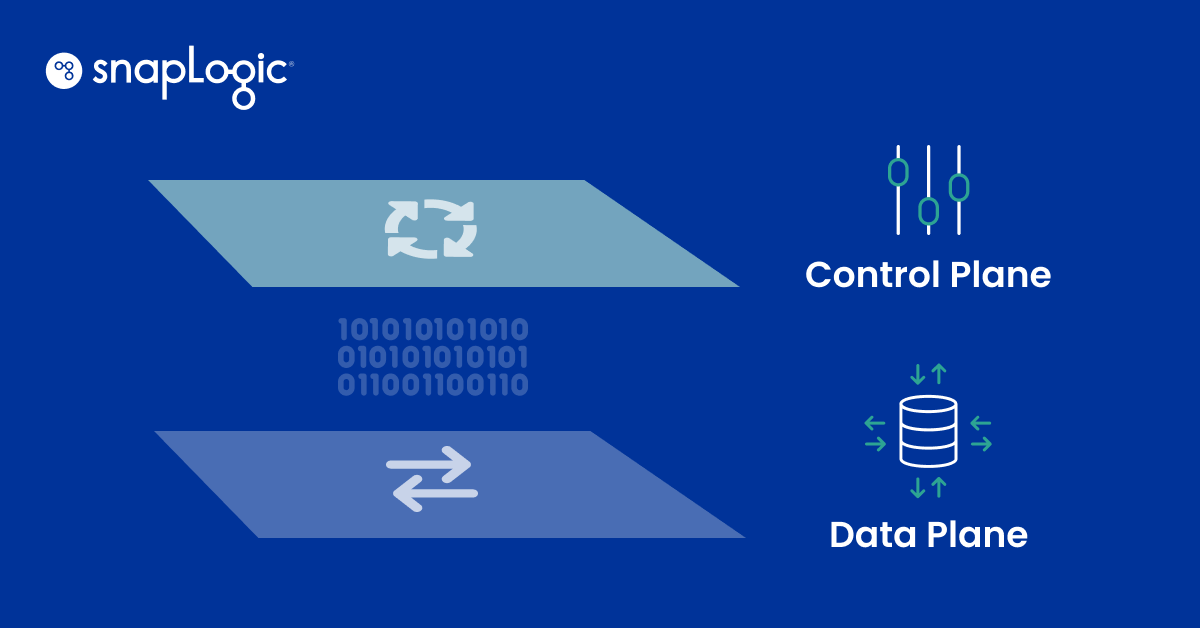A productive business is, more often than not, a successful one, and a productive employee is a happy employee. While the modern business world is, admittedly, a little more complex than this, these truisms still hold water.
However, as noted by McKinsey, productivity growth in G20 nations has been stagnating, which is no doubt causing worry for governments, businesses, and their employees.
But why is productivity slowing to a crawl? After all, we live in a time of unparalleled technological advancement, where digital transformation strategies have been specifically designed to boost organizational speed and agility, and make our working lives easier and more productive.
As the second part of our study into disconnected data reveals, businesses are struggling to access and integrate enterprise data across their ever-growing number of applications and systems. Turning the systems that are meant to help us into those that, ultimately, harm productivity.
Nearly all of our respondents (98%) in the study indicated that they were involved in projects that rely on company data from multiple systems and departments, using seven different business apps and systems regularly. Those in IT use, on average, more than business users (eight compared to five), and companies in the financial services sector use even more, clocking in with an average of nine apps.
This is too much data and too many systems for man alone to handle. By overloading employees with multiple systems and not properly integrating the data, it inevitably means much of the painstaking work searching for data, completing data entry, data processing and analysis, and integration will fall to an employee or employees. This, of course, is not the quickest or most efficient means of performing this kind of task and creates a greater likelihood of error. It also detracts from more value-add and mentally stimulating work.
Shockingly, nine out of ten business users we asked said they’re involved in performing these mind-numbing tasks and, unsurprisingly, nearly two-thirds (61%) of our respondents expressed frustration that projects suffer delays caused by poor integration of data.
The impact of sub-par data integration on productivity can be significant, particularly for large businesses like those we surveyed. All in all, businesses are wasting 19 working days a year, per employee, by asking their skilled employees to perform these rote tasks, while simultaneously frustrating their workforce.
What’s likely most frustrating for employees is that they’re aware that the route to greater productivity lies in better data integration, but not enough is being done to address it. Nearly two-thirds of our respondents stated that poor data integration practices, which are too often manual and sidestep automation, are negatively impacting productivity, and an overwhelming majority (91%) pointed to connecting data, applications and systems as an important move for their organization. In fact, over a third – likely the most heavily burdened with manual data tasks – see it as essential. Our respondents speculate that, if these data gaps were closed, they could see a 28% boost in efficiency on average.
When businesses invest in digital transformation projects to improve efficiency, productivity and competitive edge, they have to take a long term view of how new systems and apps will interact with each other. Burdening their employees with the onerous task of manually migrating data between various systems easily counteracts any productivity benefits for which these new tools were implemented in the first place, and serve to frustrate and bore their skilled employees. Remember, when all’s said and done, a productive employee is a happy employee.
To review the full results of our study, download “The Productivity Pains of Disconnected Data.”
Miss the first part of our study? Read “The High Cost of Disconnected Data.”









